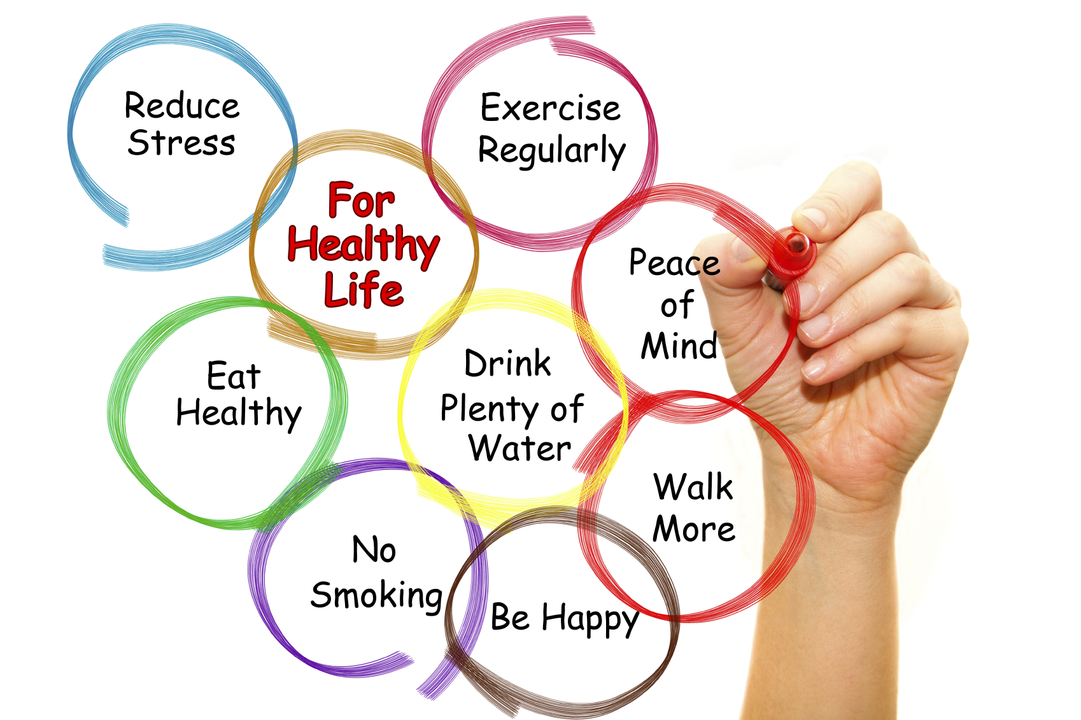Staying Safe with Medicines: Simple Steps That Matter
What if a quick online order or a missed step at home could put your health at risk? Small choices around buying, checking, and using medicines keep you safe and save stress. Here are straight, useful steps you can use right now.
First, vet the pharmacy. Real pharmacies list a physical address, a working phone number, and the name of a licensed pharmacist. If a site refuses prescriptions for drugs that normally need them, or if prices look unreal, be suspicious. Read recent reviews and look for third-party seals or registration numbers you can verify.
How to check a medicine
Always confirm the active ingredient and dosage on the label. Use the pill’s imprint code, color, and shape to cross-check with a trusted drug database. If a tablet looks different from what you’ve used before, ask the seller for batch info and photos of packaging. Fake meds may have the wrong strength, the wrong ingredient, or nothing active at all.
Keep records: save order confirmations, photos of the package, and the lot number. Those details help if you need a refund, a report, or if a recall occurs.
Safe ordering and payments
Pay with a secure card or a reputable payment service. Avoid wire transfers or apps the seller recommends off-site. Track your shipment and inspect the package on arrival — don’t accept damaged or opened boxes. If medication arrives with torn seals, contact the pharmacy and your health provider before using it.
For chronic conditions, set reminders to reorder at least a week early. Running out leads many people to risky sources.
When starting any new drug, read the patient leaflet. Know the common side effects and the rare but serious ones. Ask your doctor or pharmacist about interactions with other medicines, supplements, or alcohol. If you get severe symptoms — trouble breathing, sudden swelling, chest pain, or fainting — seek emergency care right away.
Keep a current list of all your medicines, doses, and supplements. Share that list whenever you see a doctor or change pharmacies. That habit cuts the chance of dangerous drug combinations.
Store meds in original containers, away from heat, moisture, kids, and pets. Dispose of expired or unused drugs through local take-back programs, not in the trash or sink. Don’t share prescriptions — what works for one person can harm another.
If you want quick guides, check our staying safe tag for articles on trusted online pharmacies, common inhaler mistakes, safe antifungal purchases, and how to spot fake pills. Bookmark the tag and run a quick safety check before your next order. A few minutes now can prevent a big problem later.
Angina and Travel: Tips for Staying Safe and Healthy on the Go
Traveling with angina can be challenging, but with proper planning and precautions, it can be managed effectively. To stay safe and healthy on the go, it is crucial to consult with your doctor before embarking on a trip, ensuring that you have all necessary medications and a clear understanding of your condition. While traveling, remember to pace yourself and avoid overexertion, taking regular breaks to rest as needed. Additionally, maintain a healthy diet and stay hydrated throughout your journey. Lastly, always have a plan in case of a medical emergency, including knowing the location of nearby hospitals and having important medical information readily available.
View more
